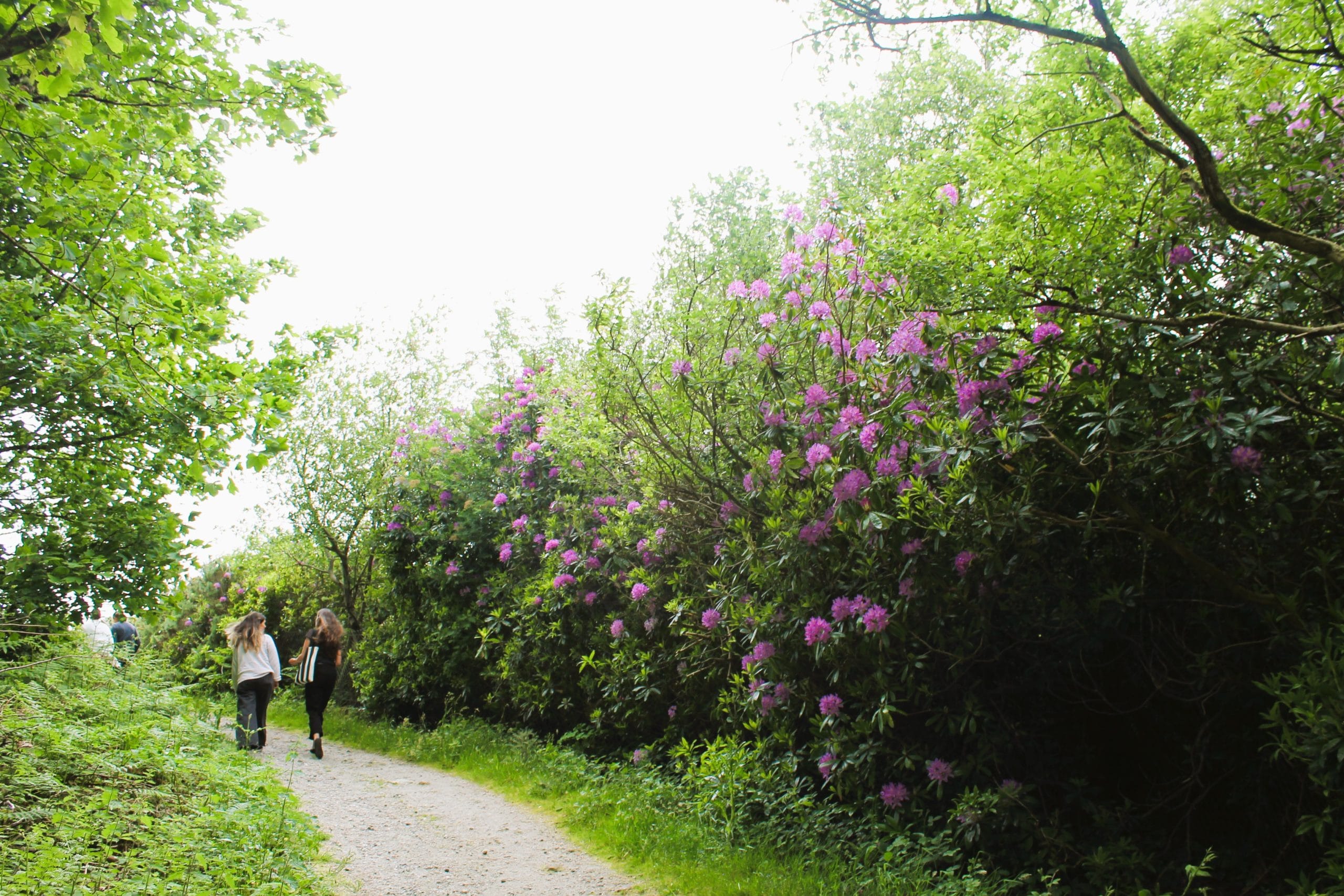We invited our Sustainability Consultant for The Imagination Museum, Danielle Pipe, to talk about the work we have been doing together so far, our learnings from phase 1 of our redevelopment and our focus for ensuring the environmental sustainability of the network as we develop and grow in the future.
To read more about Danielle’s work and experience, please visit https://juliesbicycle.com/about-us/people/danielle-pipe/
Introduction and background
The Imagination Museum is getting started on the right foot having environmental sustainability at the heart of the conversations from the very beginning. This will help to strengthen and maintain the positive impact that the network can have as it grows.
My personal reflections
I am thrilled to be involved as the Sustainability Consultant for The Imagination Museum project. The aim to bring dance in museums to a breadth of areas around the country (with initial advocacy partners in Blackpool, Ipswich, London and Cornwall), and to develop a hyper-local approach in each area epitomises the power of culture and creativity in supporting arts organisations to connect with their local communities, drawing their attention to their local environment in a positive way.
Having grown up in the Blackpool area myself, I can see the benefits that a project such as The Imagination Museum could bring to the local area with the newly established Showtown museum. The nationwide focus of this project also enables The Imagination Museum to bring practical sustainability support and guidance to the museums and artists involved, who may not otherwise have access to this kind of support.
What have we looked at in Phase 1?
Phase 1 of the project, held throughout 2024, has included exploring and developing the environmental strand of the project moving forwards, looking at;
- the areas of environmental impact which are the direct responsibility of The Imagination Museum
- the areas where the organisational team can take a collaborative approach with the museum partners and dance artists who are a part of any co-commissioned pieces in the future.
This may include providing support and guidance around sustainability principles, as well as how the network can provide support to the wider community of museums and artists who aren’t directly involved in the commissions (signposting to resources via The Imagination Museum website for example).
Starting to implement good practice – Environmental considerations of The Imagination Museum so far
During Phase 1, there have been 4 in-person events held around the country at the partner museum venues, Ipswich Museum, Showtown in Blackpool, Wheal Martyn Clay Works in St Austell, Cornwall and at Trinity Laban, which is partnering with The Horniman Museum and Gardens as part of this project in London. Currently the direct environmental impact from The Imagination Museum activities has been minimal, and those organising the events have tried to further reduce it, taking simple steps such as using car-sharing, train or other public transport for longer journeys, requesting vegetarian food for lunches, and using online agendas and surveys instead of printed copies wherever possible. In addition to this, the hyperlocal focus of the events has meant that the majority of attendees haven’t travelled far.
The Advocacy Event that took place at Wheal Martyn Clay Works in May was themed specifically around sustainability, with presenters sharing stories of projects responding to the biodiversity of the re-wilded site, the nature of the community at the heart of the Clay Work’s industrial heritage, strategies for involving members of that local community in the venue’s decision-making process about its future and a project inspiring local children to design their own work wear from repurposed uniforms for example. There was an emphasis on noticing and celebrating stories of positive change in the face of overwhelming uncertainty, and developing the role of local people as custodians of heritage spaces, giving them power where it is easy to feel powerless.
Next steps
The next steps for the sustainability work of the Imagination Museum are to bring together all the learnings from Phase 1 of the project into an Environmental Sustainability Policy. This will outline clearly the environmental impacts from the activities of the network and where to prioritise actions to tackle the most impactful areas. If funding is secured for Phase 2 of the project, it is hoped that the focus will turn to providing practical support and training for the partner museums involved in the network’s first four co-commissions to provide knowledge and confidence to support the commissioned dance artists to develop environmentally conscious work, as well as supporting the wider network.
Going beyond environmental – challenges and the broader considerations of sustainability
It can often be difficult to implement all good practice principles of environmental sustainability, with challenges arising from systemic issues which aren’t easily overcome. Thinking of sustainability in its widest sense means also ensuring the inclusion of social and economic considerations. Finding the balance between these three elements, environmental, social and economic will be key to developing the network’s sustainability.
Danielle Pipe, January 2025

